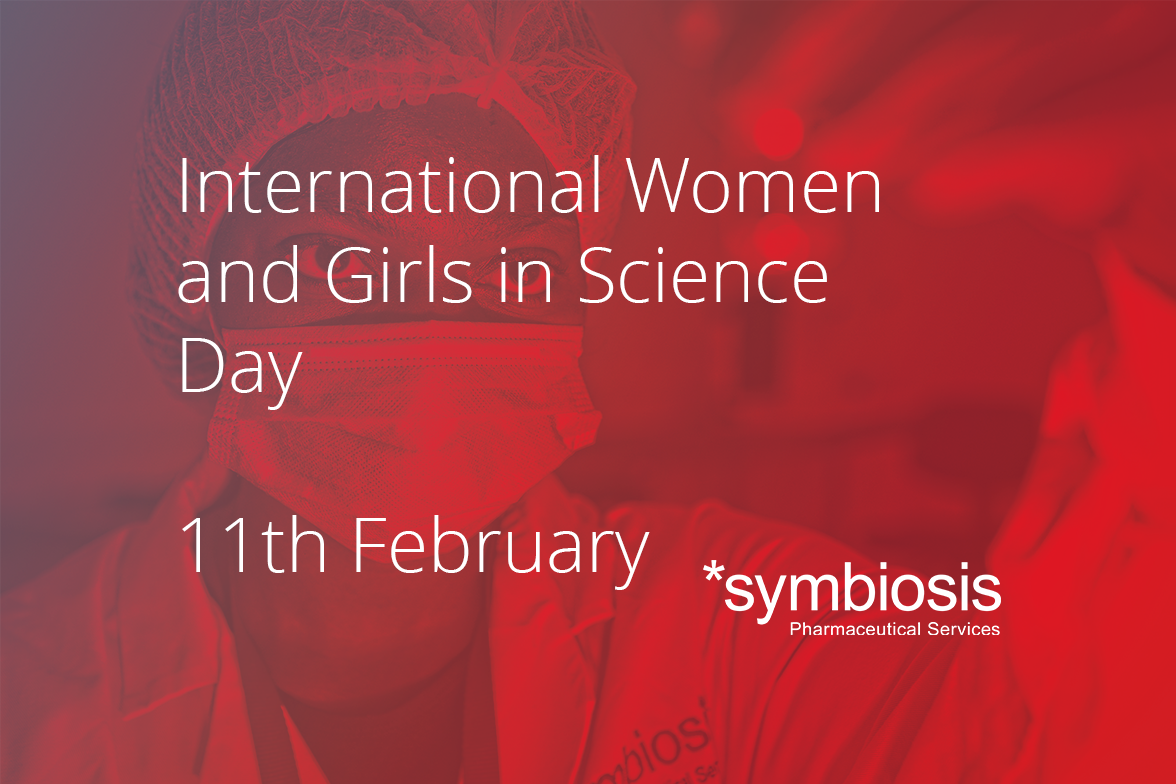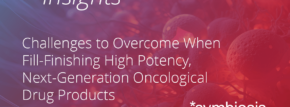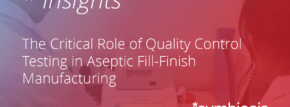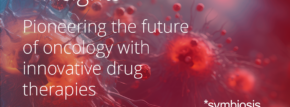The International Day of Women and Girls in Science is the 11th day of February, by resolution of the United Nations General Assembly on 22 December 2015. The day recognises the critical role women and girls play in science and technology.
A significant gender gap has persisted throughout the years at all levels of science, technology, engineering and mathematics (STEM) disciplines all over the world. Even though women have made tremendous progress towards increasing their participation in higher education, they are still under-represented in these fields.
An initiative created by the United Nations, now in its 8th year, International Women and Girls in Science Day was developed to raise awareness of the disparity in the field and is an important day in the calendar as we look to get closer to equity in gender representation. This is a campaign that Symbiosis recognises and endorses and this is supported by the fact that approximately 50% of the senior management team here are women. To that end, today we look at some of our leading women here at Symbiosis, who act as role models for aspiring girls and women alike as prominent role models in life sciences.
Alison Clayton is Symbiosis’ Head of Analytical Services and we asked her about her experience in further education and entering the industry.

Did you always know you wanted to do this job?
No- when I was at school there was very limited career information. I knew I was interested in some form of science role but had no idea what opportunities were out there.
Let’s start with a look back at your journey down the road of science. How early did it start?
I heard about Pharmacology while in first year at secondary school from a friend whose dad was a Pharmacologist. I thought it sounded very exciting. I made sure I had science O Levels and Highers (it was 1979-80!!) and applied for Pharmacy at Strathclyde University and also a BSc Science Degree at Glasgow. I received the offer from Glasgow first and was worried I would miss out if I did not take it. The day after I accepted I was offered the opportunity for Pharmacy at Strathclyde. I am forever grateful that things happened that way as I have had such a wide and varied career within the Scottish Life Sciences Industry with first a BSc(Hons) in Pharmacology, followed by a PhD, both from Glasgow University.
What do you think events such as the International Day of Women and Girls in Science can contribute?
Based on my comment for the first question it provides access to experienced Scientists (I still call myself that !!) and information on what roles are possible- which was not available when I was early in my schooling and career. Its not all about working in a laboratory with chemicals and test tubes. I started that way and spent 7 years in a laboratory after obtaining my PhD but after that my roles have been more about managing teams of people and business’s which have required a completely different set of skills. Coupled with having 3 boys who are now grown up, this event helps women to see what is possible in their future career.
Cheryl Ballentyne is the Head of Project Management and has been with the company for over seven years and has a breadth of experience in the sector. Cheryl had the following insights into the participation of women and girls in science.

What is the best thing about your job, and the hardest thing?
I enjoy having a client facing role, also finding out about clients products and I find understanding the products method of action so interesting, it takes me back to my Uni days.
The hardest thing can be unforeseen challenges as each clients process is different , but its about how we overcome them, bringing the team together and finding a solution that works for all.
Let’s start with a look back at your journey down the road of science. How early did it start?
When I was at school my favourite subjects were Science and Maths. I had a great Biology teacher that made the subject fun and interesting which made it easier to learn. My degree was in immunology and pharmacology and I picked this as I have always been fascinated by biology and how the body functions in health and disease. I enjoyed learning about our complex immune system and also learning about drugs/ medicines mode of action and how they can effect living systems.
After graduating I worked in the lab, after a few years I decided that I preferred the client interaction and business side which has allowed me to be involved in various roles within pre- clinical, clinical business development, clinical trials and now Manufacturing fill finish. This has given me a good understanding of drug development from start to finish and a wide and varied career.
What can STEM employers do to help close the current gender gap?
I think STEM careers are talked about a lot more in school from an early age, where they also ask people involved in these industries to give presentations to help raise awareness. So, I think a lot more is now known about the accessibility and types of roles that are out there. I think days like Women in Science are great for highlighting that there are lots of fantastic role models out there and that you can be successful within STEM. For employers, I think its down to the messaging such as the work culture, flexibility and having inclusive job adverts whilst ensuring a diverse group of people are represented within the company and involved in the recruitment process.
Finally, we meet Lorraine Dillon, Head of Technical at Symbiosis, we asked Lorraine about her time in life sciences.

Did you always know you wanted to do this job?
I knew I wanted to pursue a career in science once I started high school. I enjoyed all science subjects and maths was one of my strongest subjects. I really enjoyed the mix of theoretical and practical learning and activities, and this has continued all through my academic and working years. I enjoy problem-solving and using a scientific approach to overcome challenges. A career in science seemed very natural to me. I love to learn new things, and the great thing about working in this industry is you are continuously learning and developing, change is constant.
What is the best thing about your job and what is the hardest thing?
The best thing about my job is being involved in the process of making medicines and therapies to treat patients. I enjoy working meeting and speaking with clients, learning about their projects and challenges, and finding ways to manufacture their products with successful results. For the past 15 years, I have worked in a Contract Manufacturing setting, and I have learned so much concerning pharmaceutical development, the manufacture of clinical and commercial products and regulatory matters through exposure to various projects, processes, experiences, and client interaction. I am very proud of the role the entire Symbiosis team played in the past couple of years during the pandemic, not only by rapidly producing product essential to supply Covid-19 vaccination programs but also how quickly we were able to adapt as a business with minimal disruption to our operations. We were able to continue to provide the required services to our clients and supply product to patients.
There are a few difficult aspects to my job one being resolving issues when things go wrong. It takes focus and quick thinking to resolve issues to ensure minimum impact. Issues are best resolved in a team setting. I interact and work with my colleagues across all departments to think fast and solve the problems we can occasionally face.
Another difficult part of my job is working to very tight timelines. A great deal of planning, communication and management is required to ensure projects are adequately resourced, milestones are achieved and delivered on time. I have to communicate effectively with my team and Project Management to identify and resolve any issues that may result in a delay to projects.
Who do you go to for help with your work? Or… did you have role models?
I have been very fortunate to have had the opportunity to work with various mentors during my career. These people were experts in Formulation and Process Development, Quality, Leadership and Biologics. I am grateful each of these people invested their time in me, were willing to pass on their knowledge and helped me develop, grow, and guide me to where I am today. I have also taken time to mentor individuals I have worked closely with. I like to share my experiences and knowledge and enjoy seeing others develop and grow.
Have you had to overcome any barriers pursuing your careers?
I remember my higher Chemistry teacher saying to me one day, you will never pass this higher exam, this subject is not for you. That comment motivated me to study hard, apply myself and excel in my Higher Studies. I then took that enthusiasm forward into further studies and my career.
What would you say to a young person considering a career in your area of work?
A career in Pharmaceuticals can be extremely rewarding. There are so many areas to explore, laboratory work, development, manufacturing, and engineering and often individuals move across these areas as they develop. There are different approaches to progress in education and career such as employment after further education or progression on a vocational/educational basis. There is no ‘right’ way, it is entirely dependent on the individual. But choosing a career in science will most definitely be exciting and rewarding.
Interested in pursuing a career in life sciences? Why not view our available job openings here at Symbiosis



